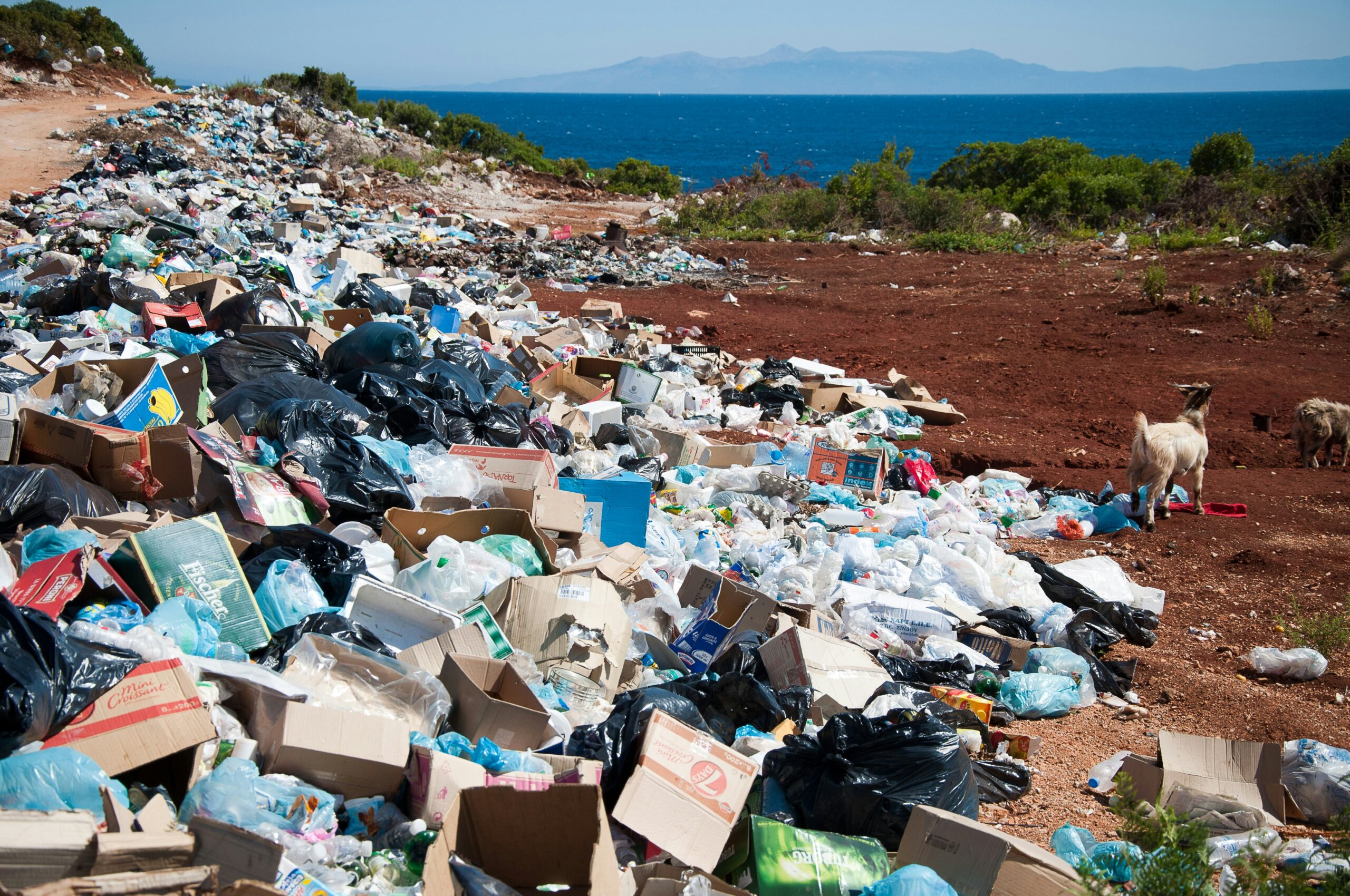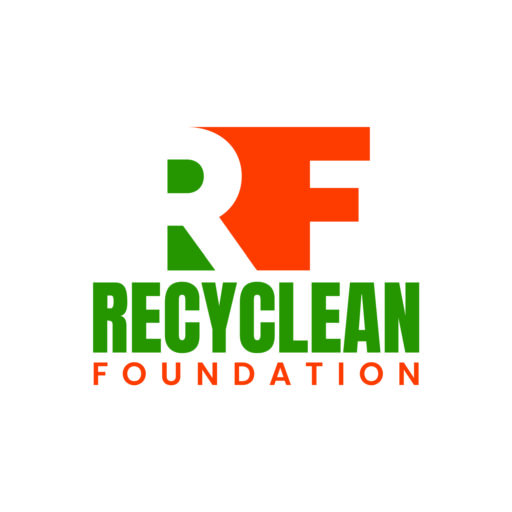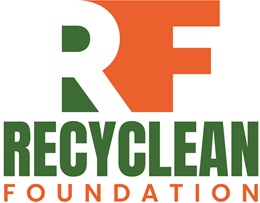
PLASTIC POLLUTION IN NIGERIA: AN UNHEALTHY LOVE AFFAIR

PLASTIC POLLUTION IN NIGERIA: AN UNHEALTHY LOVE AFFAIR
Generating an estimated 2.5 million tons of plastic waste annually, according to a report by the Nigerian Conservation Foundation (NCF, 2019), Nigeria’s love affair with plastics has reached staggering proportions. Alarmingly, only about 28% of these plastic wastes are properly collected and recycled, leaving the remainder (72%) to accumulate in landfills, streets, and water bodies. This improper waste disposal has far-reaching consequences, choking aquatic ecosystems, marring the environment and leaching harmful toxins into the environments.
In a study published in the journal Marine Pollution Bulletin, 2021, it was found out that the Lagos Lagoon, a vital coastal ecosystem, contains an alarming concentration of plastics waste. The research found an average of 16,000 plastics particles per square kilometre in the lagoon. The presence of plastic pollution in the Lagos Lagoon has serious implications for local fishing communities. Contaminated seafood can have negative effects on human health, as the accumulations of pollutants in fish tissue can lead to toxicity. In fact, the degradation of plastic waste in the lagoon can release harmful chemicals into the water, which can then enter the food chain and affect both marine and human life.
The improper disposal of waste not only jeopardises ecosystems but also poses significant risks to human health. A report by the United Nations Environment Programme (UNEP, 2020) highlighted the level of open-air burning of waste in Nigeria, including plastics, which releases toxic pollutants into the air and contributes to respiratory illnesses and cancer.
Furthermore, plastic wastes can accumulate in drains, gutters, and sewers, reducing their ability to allow the passage of water, thereby causing blockages that eventually lead to flooding. This has severe public health implications. Stagnant water, for example, provides a breeding ground for disease-carrying pests such as mosquitoes, house flies, etc. It can also lead to the contamination of water sources, increasing the risk of waterborne diseases such as cholera and typhoid fever, and; significant damages to property infrastructure and the environment, and by extension; loss of life.
In 2022, “The Conversation”, an independent nonprofit news source reported that flooding has claimed the lives of more than 500 people, destroyed more than 200,000 houses, left around 90,000 homes under water, and displaced over 1.4 million people.
The plastic waste crisis poses a grave threat to Nigeria’s natural heritage. The country is a home to diverse ecosystems, including mangrove forests, rain-forests, and coastal habitats, which are now affected by the unhealthy love affair with plastics.
As the Plastic waste crisis continues to escalate, Nigeria finds itself at a pivotal junction, where urgent and decisive action is required to mitigate the environmental threats unfolding before our eyes.
Firstly, investing in modern waste management infrastructure, including recycling facilities, sanitary landfills, and efficient collection systems, is crucial for tackling the plastic waste crisis. The development of these facilities should be accompanied by robust policies and regulations to ensure their effective implementation and enforcement.
Also, Implementing Extended Producer Responsibility (EPR) Policies can hold manufacturers accountable for the disposals of their products, packaging and incentivizing them to adopt more sustainable practices and reduce the nonbiodegradable material.
For example, Canada has been a leader in implementing EPR programs for various waste streams, including packaging, electronics, and hazardous waste.
The Canadian Stewardship Services Alliance (CSSA) has established a nationwide framework for EPR programs, which has resulted in increased recycling rates and reduced environmental impacts. The success of EPR in Canada can be attributed to its strong regulatory framework, stakeholder engagement, and public education campaigns.
Promoting circular economy principles and embracing circular of economy which prioritises the reuse, repair and recycling materials can significantly reduce the generation of plastic waste and promote sustainable consumption patterns
Finally, raising public awareness and campaigns about environmental and health impacts of plastic waste is essential for driving behavioural change. Educational campaigns, community outreach, and target messaging can empower individuals to adopt eco-friendly practices to support sustainable waste managements initiatives.



